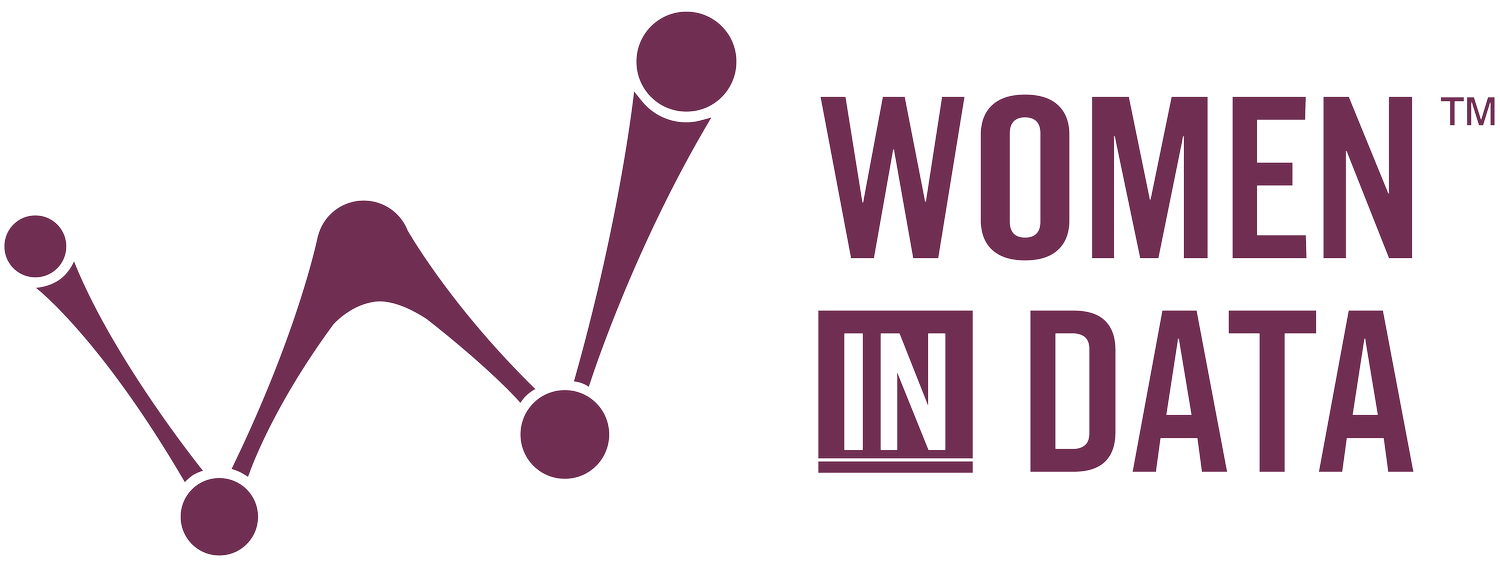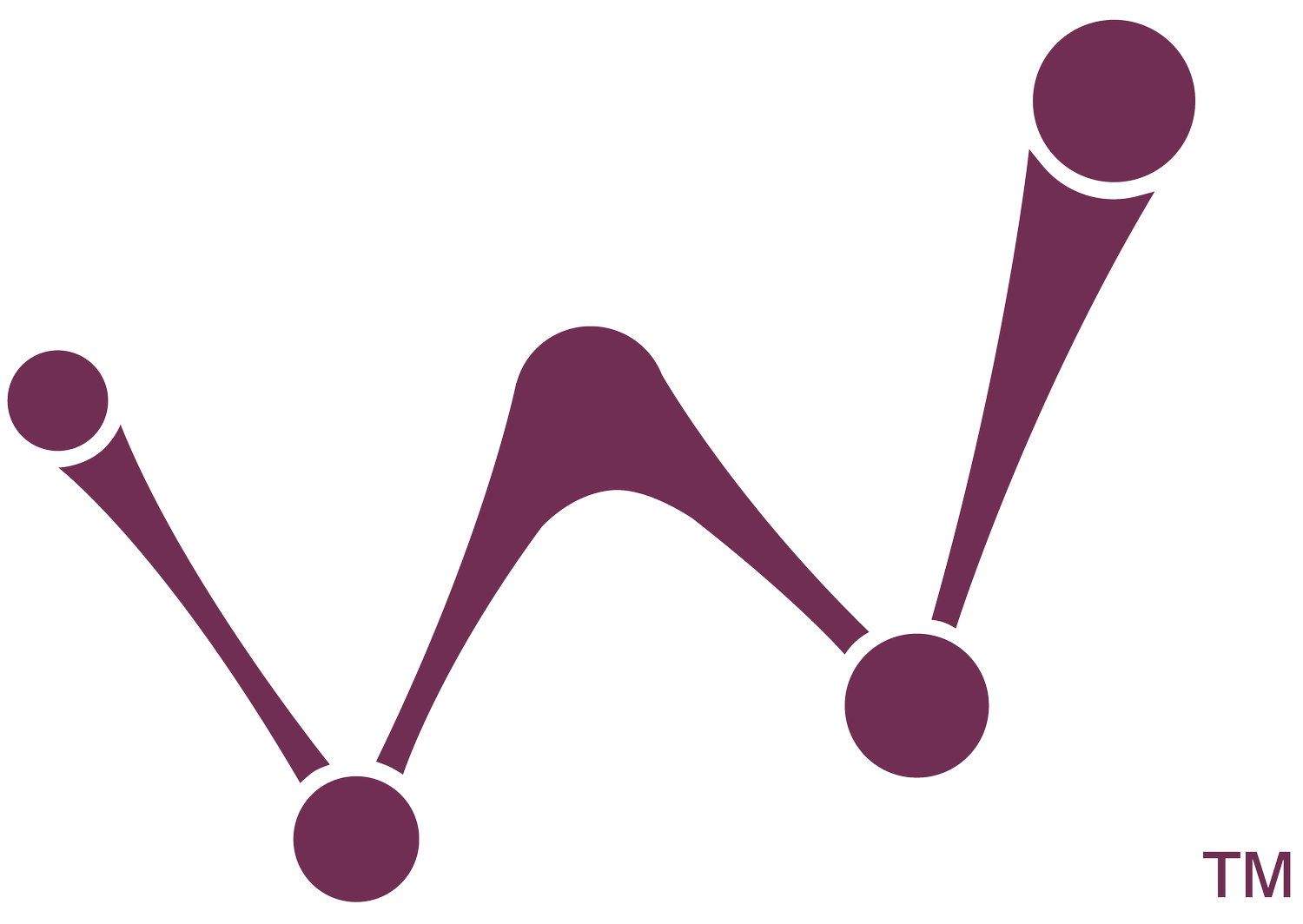Data Skills are like Icing
Changing careers can be both an exciting and challenging journey. It requires not only a willingness to learn but also adaptability and a strategic approach. In today's data-driven world, the ability to harness and interpret information has become a skill in high demand. Whether you're switching industries or seeking new opportunities within your current field, data skills can open doors to a wide range of career opportunities.
Very often what is most challenging in transferring into a data job is that we tend to identify ourselves with our current roles. In our day to day, we tend to define ourselves using the description of the job we do, the position we have, or the industry we work in. Usually, we make our first career choices when we are very young, so this connection to our identity is strong and deeply rooted in our psychology. Very often this first choice is related to our childhood or teenage dreams, and the picture of us being a scientist, an artist, a nurse, etc. has been with us for a very long time. We are simply used to seeing ourselves performing certain activities or in particular settings. This is why a career change, even if very much wanted and/or needed can cause some confusion and make us wonder about who we really are or who we want to be. Luckily for all of us, we are always much more than any job we might have.
We tend to see career shifts as a 0 or 1 process, but sometimes it can be not about becoming a data scientist or data analyst and removing yourself completely from the previous field – it can mean growing in your current profession, by embracing what data literacy can bring to it. It is worth considering that whatever the career you initially chose, whatever the role you currently want to change, if you were trained, if you worked in a certain role for years, you gained expertise, which is yours to use and possibly makes you a valuable expert on the matter. Your knowledge combined with data skills has the power to transform you into a job market unicorn. Data-driven insights give you a unique perspective, allowing you to see gaps that others may overlook.
Data skills equip us with a structured and analytical approach to problem-solving. When faced with complex challenges, we can use data analysis techniques to break down problems into manageable components, identify root causes, and develop effective solutions. The ability to derive insights from data enables us to make evidence-based decisions, minimizing guesswork and increasing the likelihood of success. Data literacy expands the problem-solving toolkit, enabling us to tackle even the most complex problems. You see, the data skills you are working on now, are not something that neglects the ones you previously acquired. It can allow them to shine even brighter in new settings. So don’t compartmentalize your experience – you are a whole package.
Learning new skills shows commitment to personal growth and a forward-thinking mindset. Understanding the data allows us to make informed decisions - by understanding the story behind the numbers, we can identify patterns, spot emerging opportunities, and mitigate potential risks. Data literacy allows us not only to critically evaluate information, question assumptions, and make informed judgments – it also helps to navigate in today’s world and can foster a sense of empowerment and confidence. It makes it easier to make decisions with precision, extract meaningful insights from complex data sets, and transform raw information into actionable knowledge. These are valuable in both private and professional life.
The beauty of data skills is that they are measurable and quantifiable, so you can track your progress and set achievable goals. The continuous learning and improvement inherent in data skills not only accelerates your career transition but also equips you with valuable habit of lifelong learning. Of course, there is a learning curve, but your emerging data skills provide a structured and tangible framework for this journey. Diversity of opportunities allows you to pick what works best - you can take online courses, attend workshops, or participate in data-focused communities to build your expertise. The process itself is an experience that will allow you to know yourself better.
There is almost no area of our professional day-to-day they cannot make better. They have the power to help us improve the way we think and act. Add them on top of what you currently have and what you currently do – they will be like the icing on the cake.
Written by Anna Cwojdzinska

